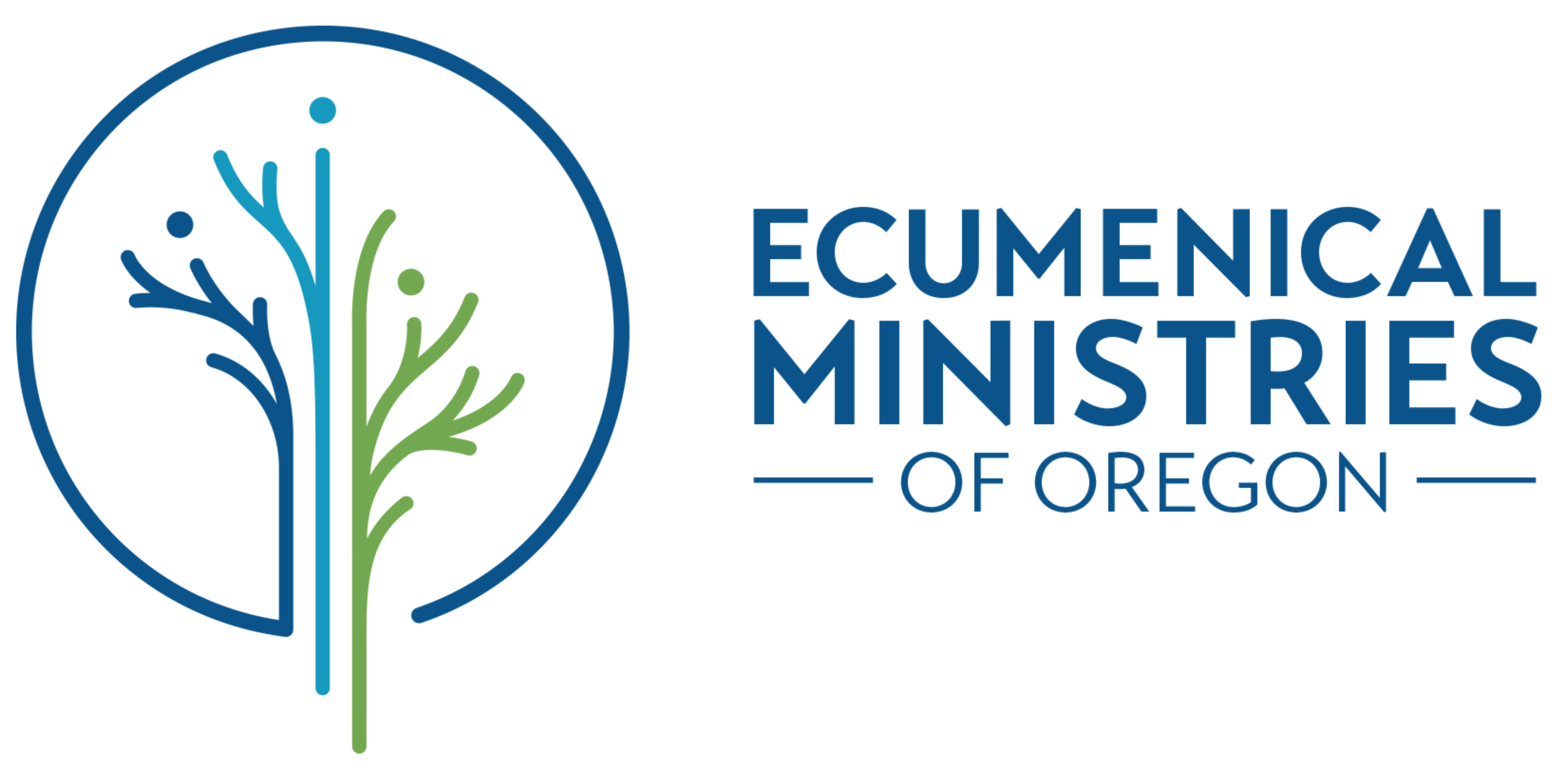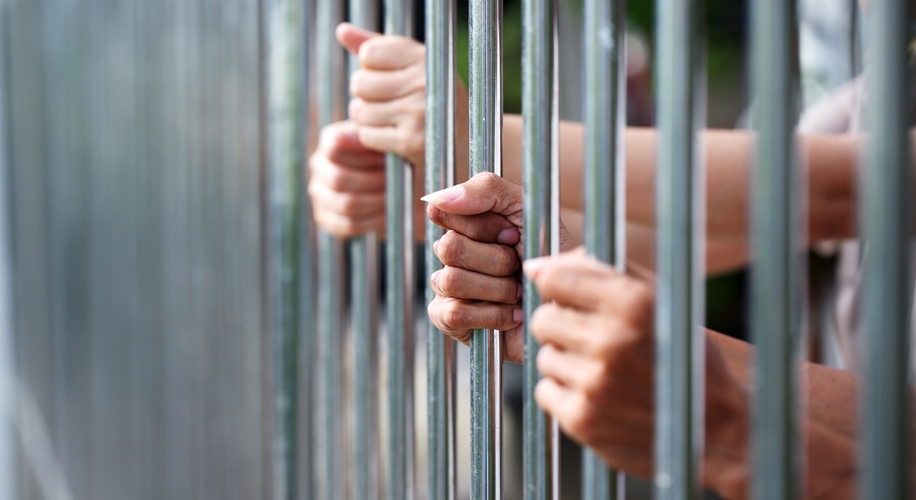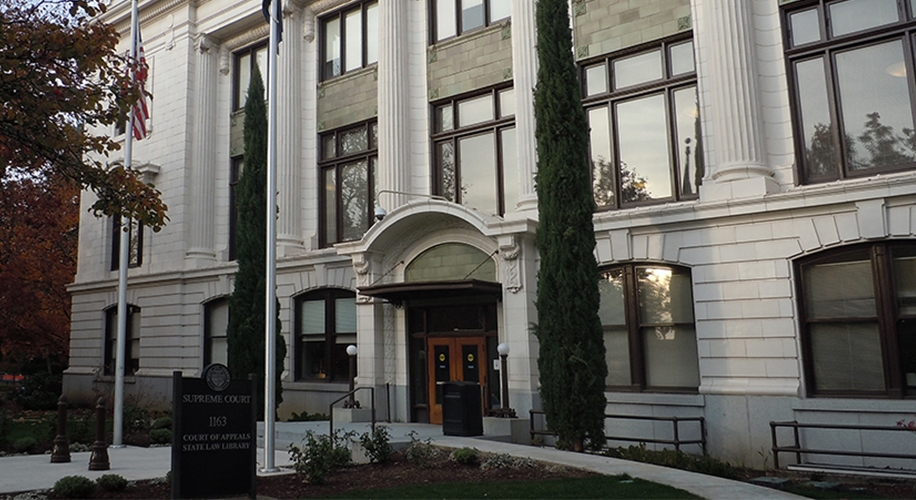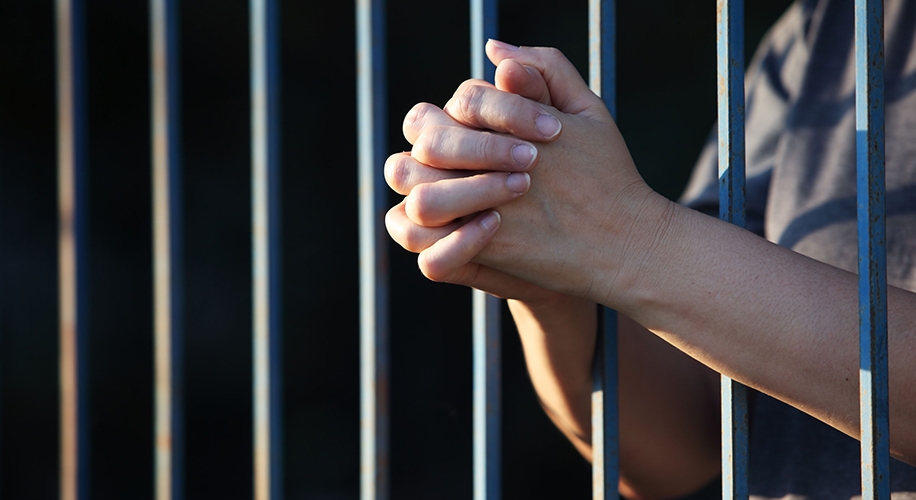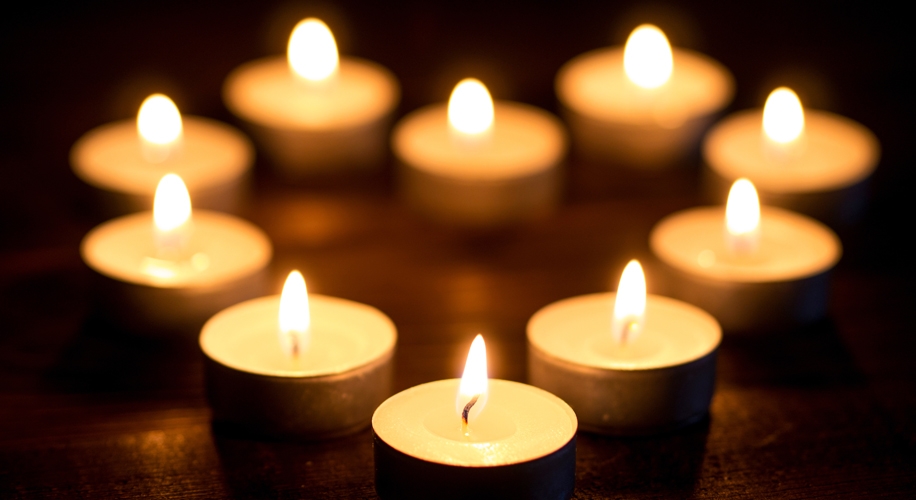A recent article “Think prison abolition in America is impossible? It once felt inevitable” in the Guardian newspaper lifts up the history of movement for prison reform and abolition. Read this article not only for ways public debate about criminal justice reform has shifted since the start of US “wars” on crime and drugs, but also for how the religious voice on moral issues has changed – and why it’s so needed today.
“But law-and-order politics also signaled a different kind of cultural reorientation: a shift in American religion. Nowhere was this change more obvious and consequential than in elite political rhetoric. During the civil rights era, politicians on both sides of the aisle would trumpet the ideal of justice, often using religious language to do so. Justice was an ideal; it was up to us to make this divine notion a reality. During the era of mass incarceration, Americans’ ambitions for justice have been thoroughly downsized….
“On the left, meanwhile, public religion receded and secularism triumphed. God’s law was no longer an imperative to strengthen society or democracy….
“The problem isn’t merely that we lock too many of our fellow citizens and, increasingly, non-citizens in cages. It’s that locking any human being in a cage is a moral abomination.”
Are you willing to use your faith tradition’s theological and moral language to call for justice? What will that look like in your sermons, prayers, teachings, and coffee hour conversations?
Our calls for reform in the criminal justice system are beyond political affiliation. Whether left, right, or center, people of faith and goodwill should be renewed in calling for our institutions to treat people ethically (especially those who are vulnerable, instead of blaming them for their own suffering and piling on with further exploitation). Doing the right thing doesn’t need to save money or win elections. And when it comes to standing up to “law-and-order” policies, the moral call for justice should stand on its own merit.
